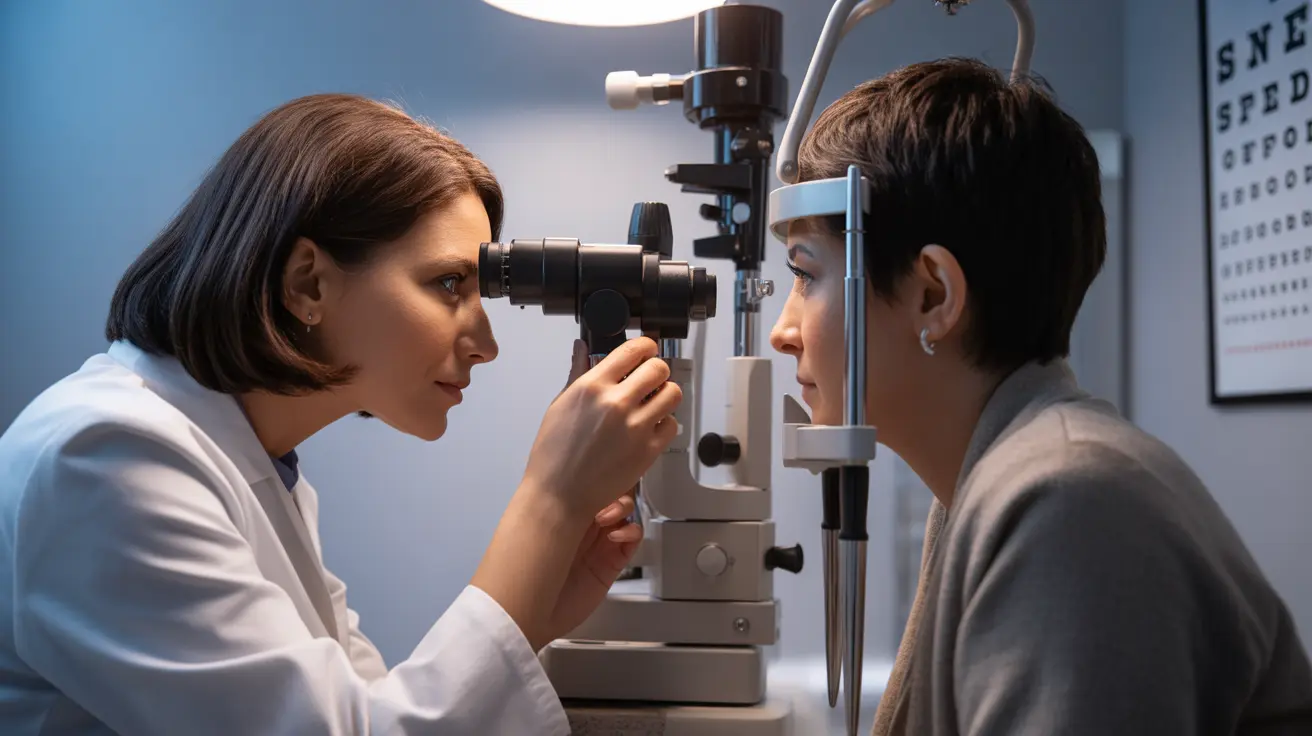When it comes to protecting your vision and detecting serious eye conditions early, knowing where to turn for diagnosis is crucial. Many people wonder whether an optometrist can diagnose macular degeneration, a common eye condition that affects millions of Americans. Understanding the role of optometrists in detecting and managing this condition is essential for maintaining optimal eye health.
Regular eye examinations by qualified optometrists serve as a frontline defense against various eye conditions, including macular degeneration. These eye care professionals are well-trained to identify early signs of the disease and can play a vital role in its management.
The Role of Optometrists in Macular Degeneration Detection
Optometrists are primary eye care providers who can effectively screen for and diagnose macular degeneration during comprehensive eye examinations. They use various specialized tools and techniques to examine the retina and macula, allowing them to detect early signs of the condition before significant vision loss occurs.
Diagnostic Tools and Procedures
During an eye examination, optometrists employ several sophisticated diagnostic tools to assess the health of your retina and detect macular degeneration:
- Visual acuity tests
- Dilated eye examination
- Optical coherence tomography (OCT)
- Amsler grid testing
- Digital retinal imaging
Signs and Symptoms Optometrists Look For
Trained optometrists are skilled at identifying various indicators of macular degeneration, including:
- Drusen (yellow deposits beneath the retina)
- Changes in central vision
- Distortion in straight lines
- Difficulty reading or recognizing faces
- Changes in color perception
Working with Specialists
While optometrists can diagnose macular degeneration, they often work collaboratively with ophthalmologists, especially for advanced cases. This partnership ensures patients receive the most appropriate care based on their condition's severity and progression.
Treatment and Management Options
Optometrists can provide various management strategies for early-stage macular degeneration, including:
- Lifestyle modification recommendations
- Nutritional supplement guidance
- Regular monitoring and assessment
- Vision rehabilitation services
- Preventive care education
Frequently Asked Questions
Can an optometrist detect macular degeneration during a routine eye exam?
Yes, optometrists can detect macular degeneration during routine eye examinations using various diagnostic tools and techniques, including dilated eye exams and specialized imaging equipment.
What tests do optometrists use to diagnose macular degeneration?
Optometrists use several tests including visual acuity assessments, Amsler grid testing, optical coherence tomography (OCT), and comprehensive dilated eye examinations to diagnose macular degeneration.
When should an optometrist refer a patient with macular degeneration to an ophthalmologist?
An optometrist typically refers patients to an ophthalmologist when they detect advanced stages of macular degeneration, rapid progression of the condition, or when specialized treatment such as injectable medications might be necessary.
What are the early signs and symptoms of macular degeneration that an optometrist can identify?
Optometrists can identify early signs such as drusen formation, changes in central vision, subtle distortions in straight lines, and alterations in color perception during comprehensive eye examinations.
How do optometrists manage or treat early-stage macular degeneration?
Optometrists manage early-stage macular degeneration through regular monitoring, lifestyle recommendations, nutritional guidance, and preventive care strategies. They may also provide vision rehabilitation services and work with specialists when needed.
Regular eye examinations with an optometrist are crucial for early detection and management of macular degeneration. Don't wait for symptoms to appear – schedule regular check-ups to protect your vision health.




